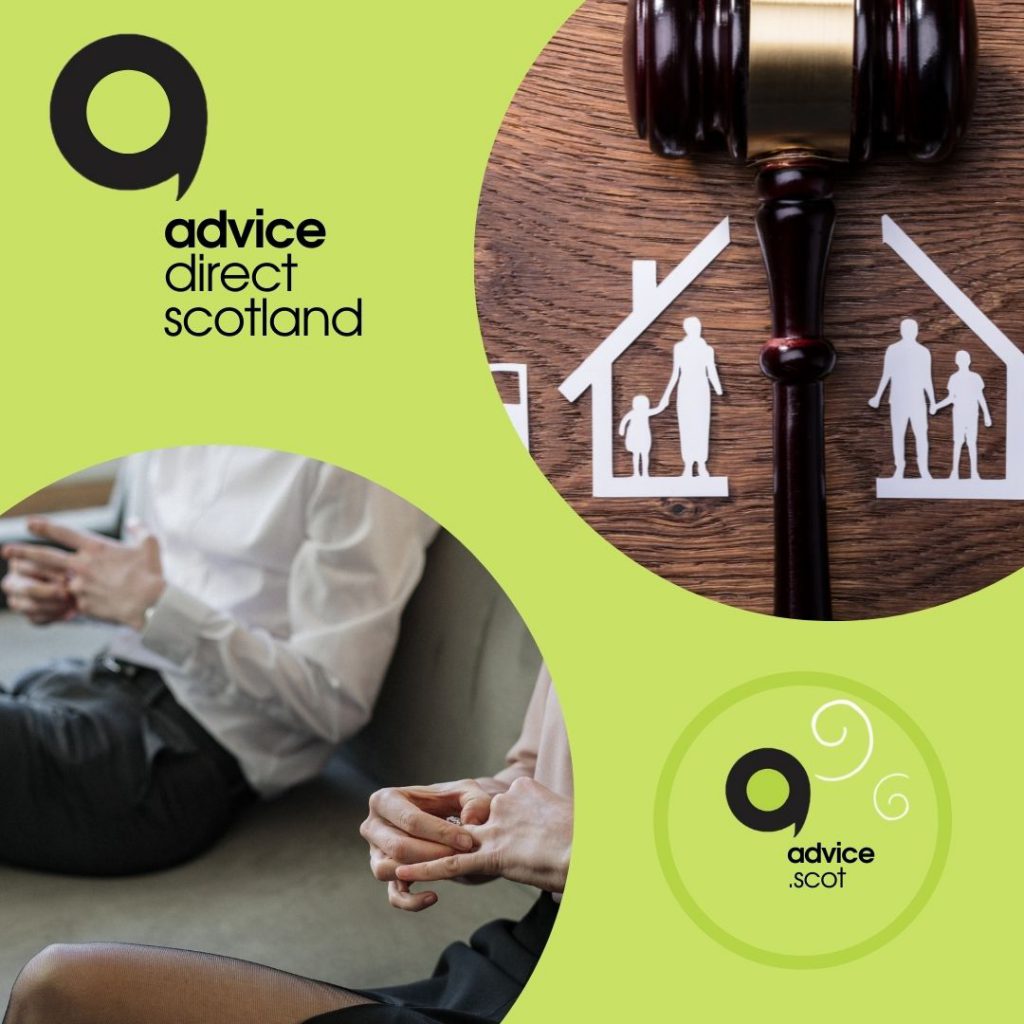
The separation process route taken will differ depending on your situation.
Informal Arrangement
You have the option to separate by informal arrangement.
You will need to inform various organisations of your separation and may have a legal obligation to report this to your benefits office if you are in receipt of benefits; HMRC if you are getting tax credits; and your local council if you pay council tax or receive Housing Benefit or Council Tax Reduction.
If you and your partner agree, you can make decisions about children, money, housing, and other property without going to court. However, any informal arrangement made when you separate may affect future decisions if you do go to court and if there are children, the Child Maintenance Service may get involved.
If you decide later to divorce and the court is involved, it can change an arrangement made informally by a couple that it considers to be unreasonable or, in the case of a child, if it thinks the arrangement is not in the child’s best interests.
Separation Agreement
The more formal route is to put a Separation Agreement in place, which is a written consensus between a couple who intend to stop living together.
This sets out how they wish to sort out financial matters, property, and arrangements for the children. When an agreement includes financial matters, it should be made with the help of a solicitor.
Examples of what you might want to include in an agreement are living and contact arrangements; agreement not to molest, annoy, or disturb the other partner; and information on agreed financial support for the other partner and children.
The advantage of a written agreement is that it is easier to make sure that both parties understand what has been agreed. It also means that either partner can go to court to change this in the future, but these changes may only be what the court decides are unfair or unreasonable.
Legal Advice
It is advisable to consult a solicitor when drawing up a Separation Agreement, but you should work out the general areas you want to cover in advance, as reduced time spent with a solicitor could help keep legal costs down.
You may be entitled to support for legal costs, and more information can be found by visiting the Scottish Legal Aid Board website at www.slab.org.uk.
Judicial Separation
Another option is a ‘judicial separation’, which is a court order which stops the obligation of the partners of a civil partnership having to live together.
It is quite rare to get a judicial separation, but it can be used by couples who have a moral or religious objection to dissolution of a civil partnership.
Informing Relevant Bodies
Regardless of the route that you and your partner take, it is important to ensure that you inform the relevant bodies and organisations previously mentioned to ensure that you are receiving what you are entitled to in terms of benefits and discounts.
From a practical point of view, it is also important that doctors’ surgeries, dental practices, schools, and financial institutions are updated with any changes to addresses and circumstance.
You can access free, practical, and impartial advice and information on a range of topics, including family and relationship issues by visiting the Knowledge Centre at www.advice.scot, or by calling 0808 800 9060 (Mon to Fri, 9am-5pm).



